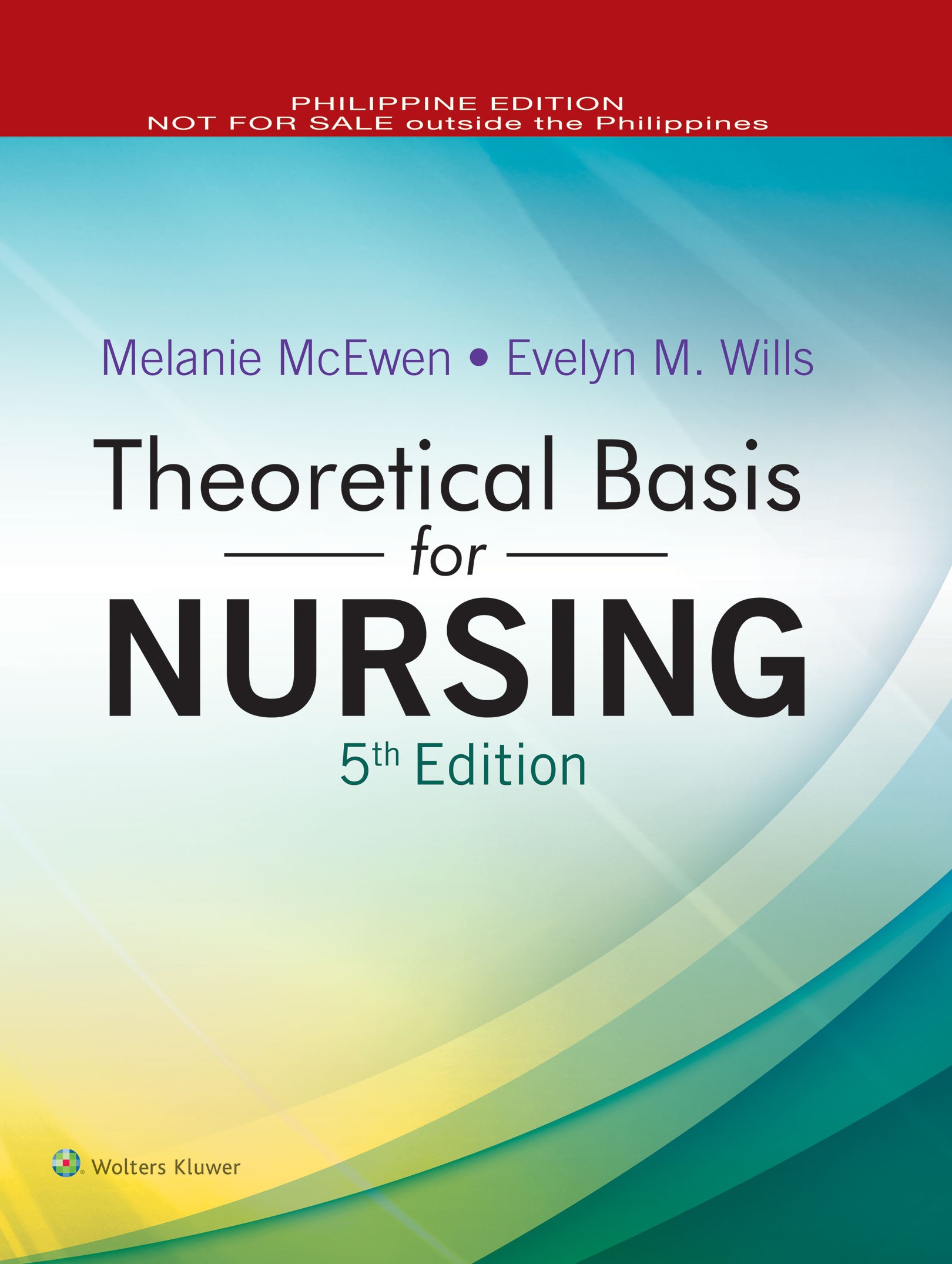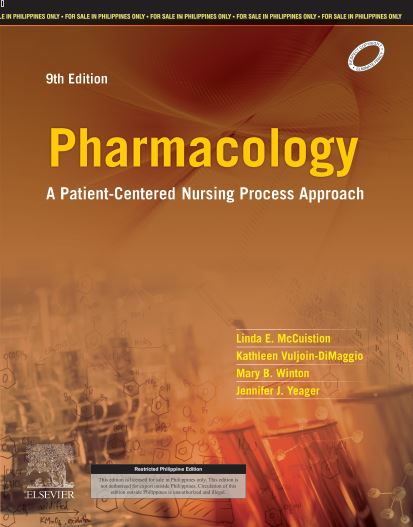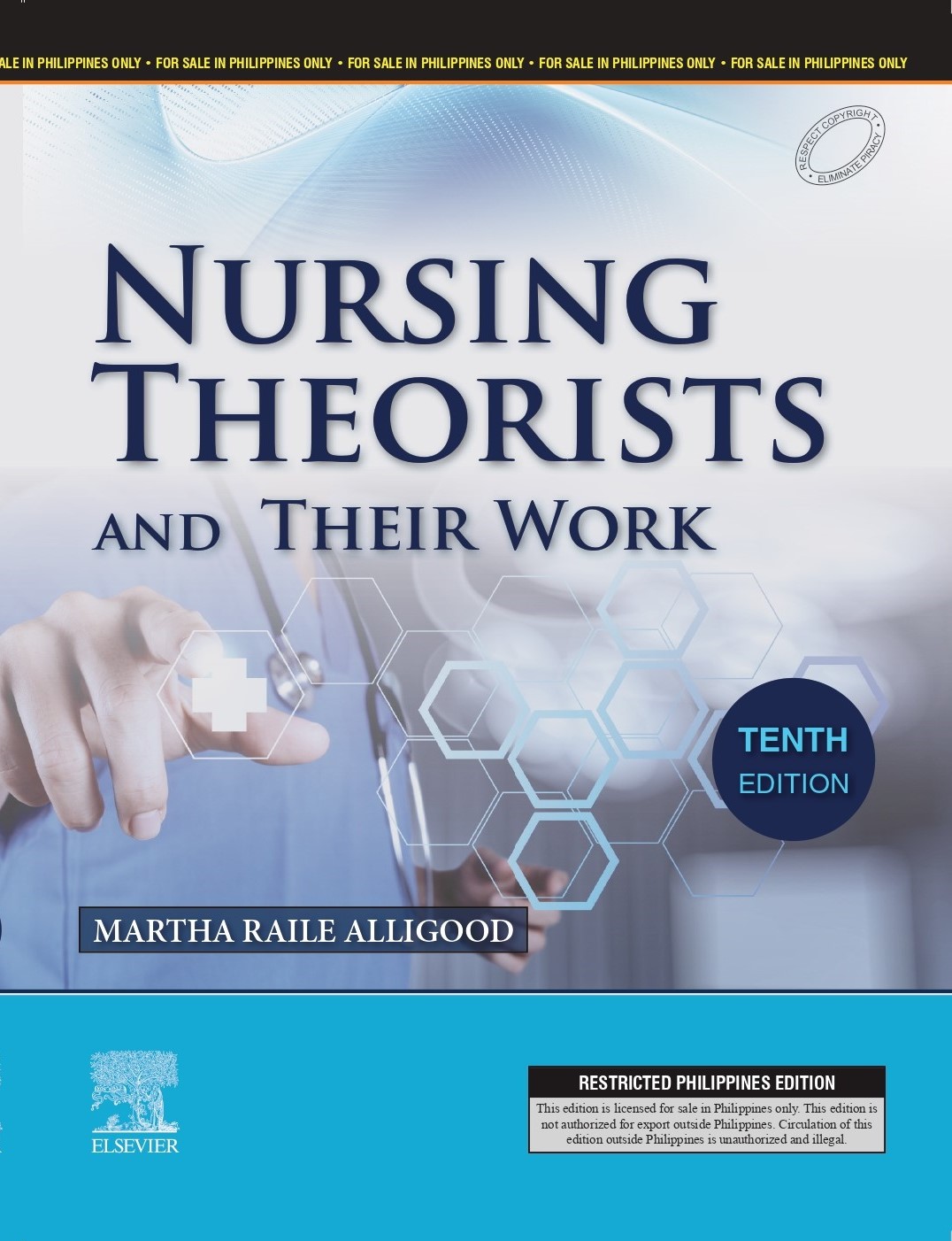Medicine and Allied Health > Nursing
Theoretical Basis for Nursing
No Ratings Yet
ISBN: 9781975151010
Delivery: Metro Manila 3 to 5 days, Others 5 to 10 days Pandemic Delay in Delivery
Availability: In Stock
Author: Melanie McEwen, Evelyn M. Wills
Publisher: Lippincott Williams & Wilkins
Edition: 5
Copyright: 2019
₱895.00
DESCRIPTION
Now in its 5th edition, Wolters Kluwer''''s AJN Award Winning text,Theoretical Basis for Nursing , provides an overview of nursing theory that includes the essential information that a student needs to understand theory and its application to practice. Students-with little to no knowledge of nursing theory-will gain insight into how theory can affect their practice and make them better nurses. In Unit I, Students are ushered through the skills needed to develop, analyze, and evaluate theory for use in their careers. This skill set will help students pursuing all potential career paths-in nursing practice, research, administration, management, and/or education. As a unique focus in Unit II, grand theories are discussed in relation to 1) human needs, 2) interactive process, and 3) unitary process. This unit provides the perfect amount of information-just enough for the reader to 1) understand the basis of the work and 2) become enticed enough in the material to want to select one or two theories for primary source study. Also, because of an emphasis on middle range theory in nursing programs, the authors present an overview of selected middle range theories, examining their origins and growth. The broad range of middle range theories sampled will point students in the right direction to search for others appropriate to their practice. Some NEW! theories to this edition include aerohemodynamic theory, transtheoretical model of change, and the precede/proceed model. In Unit II, there will be an enhanced discussion of Evidence-based practice (EBP) and nursing theory. As its next frontier, nursing theory will increasingly focus on EBP protocols, and McEwen & Wills help students understand the inter-relatedness of theory, research, and practice. This edition includes an enhanced discussion of the history of EBP and practice-based evidence (PBE). In Unit III, students explore "shared theories," benefitting from the body of knowledge that can be distilled from other disciplines. This unit is unique to this text, and students will discover stories of how nurses have used shared theories in their own practice. In this edition, a NEW! chapter called "Ethical Theories and Principles" will be included in this unit. The text concludes with Unit IV, a summary of how theories should be and are applied in nursing. Functioning as a practical guide, separate chapters cover nursing practice, nursing research, nursing administration and management, and nursing education. The evolving development of practice theories and importance of evidence-based practice guidelines are critical to theory application in nursing today. NEW! In our application to practice chapter (Chapter 19), we will add examples of the theoretical underpinnings related to the clinical practice guidelines. Reinforcing its emphasis on practice, both the book and its resources on thePoint will include case studies with examples from nursing in general through advanced practice scenarios. Because Nursing Theory is often a reading and writing intensive course, this text comes with a Scholarly Writing in Nursing: Best Practices. This resource covers the basics of APA as well as good writing principles, and it also provides weblinks to additional resources. This edition will also feature improved indices making content in the text easier to find quickly. This text is accompanied by a robust instructor resource package featuring an Instructor''''s Guide, Case Studies with supportive curriculum, PowerPoints, and more. Theoretical Basis for Nursing, 5th Edition offers an inspiring message to readers to contribute to the ongoing development, application, analysis, and evaluation of concepts, principles, theories, and models to advance the discipline of nursing. According to authors McEwen & Wills, "As the health profession with the largest number of providers, nursing has the greatest potential to have the greatest impact on health and healthcare delivery."



